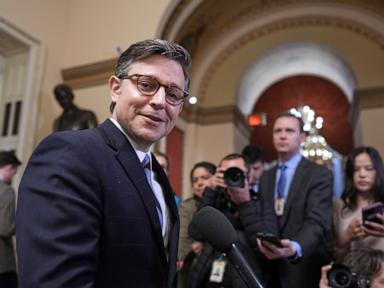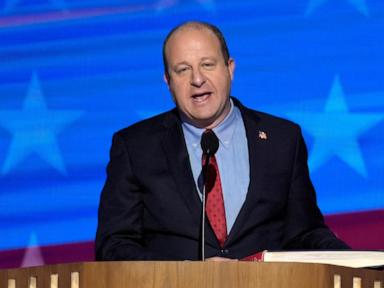The House passed legislation Wednesday that would limit the power of lower court judges to issue orders with broad national implications amid a rash of rulings to halt the Trump administration’s agenda.
Members voted 219-213 on the No Rogue Rulings Act, with just one Republican joining Democrats in opposition. It represents House GOP leadership’s latest response to President Donald Trump’s growing anger at the federal judiciary, which has served as the primary obstacle for his administration’s sweeping efforts to transform the government and implement aggressive immigration policies.
Trump and his base have increasingly called for the House to impeach judges who have ruled against him. But without the votes to do so, House leadership has been looking for alternatives to placate the right flank of the GOP — including with this bill from Rep. Darrell Issa (R-Calif.).
“In recent years, it has become glaringly obvious that federal judges are overstepping their constitutional bounds,” said Issa on the House floor during debate Tuesday. “This is not a partisan issue. It may be a timely issue for this president, but that does not make it partisan.”
Still, the bill is almost certain to fail in the Senate, where Republicans must accrue enough support from their Democratic colleagues to meet the 60-vote threshold. The lack of enthusiasm among House Democrats for this proposal signals it’s highly unlikely Republicans across the Capitol will find necessary bipartisan support.
Democrats have argued that the courts acted appropriately to curb the overreach of the Trump administration’s powers, and national injunctions are necessary for the federal judiciary to serve as a check on the executive branch.
“Here’s a message: if you don’t like the injunctions, don’t do illegal, unconstitutional stuff,” said Rep. Pramila Jayapal (D-Wash.). “Nationwide injunctions play an essential role in protecting our democracy and holding the political branches accountable.”
Trump has also asked the Supreme Court to limit lower courts’ abilities to issue injunctions that broadly block his administration’s actions. His administration’s request is pending before the Court, which could issue a ruling at any time.





























